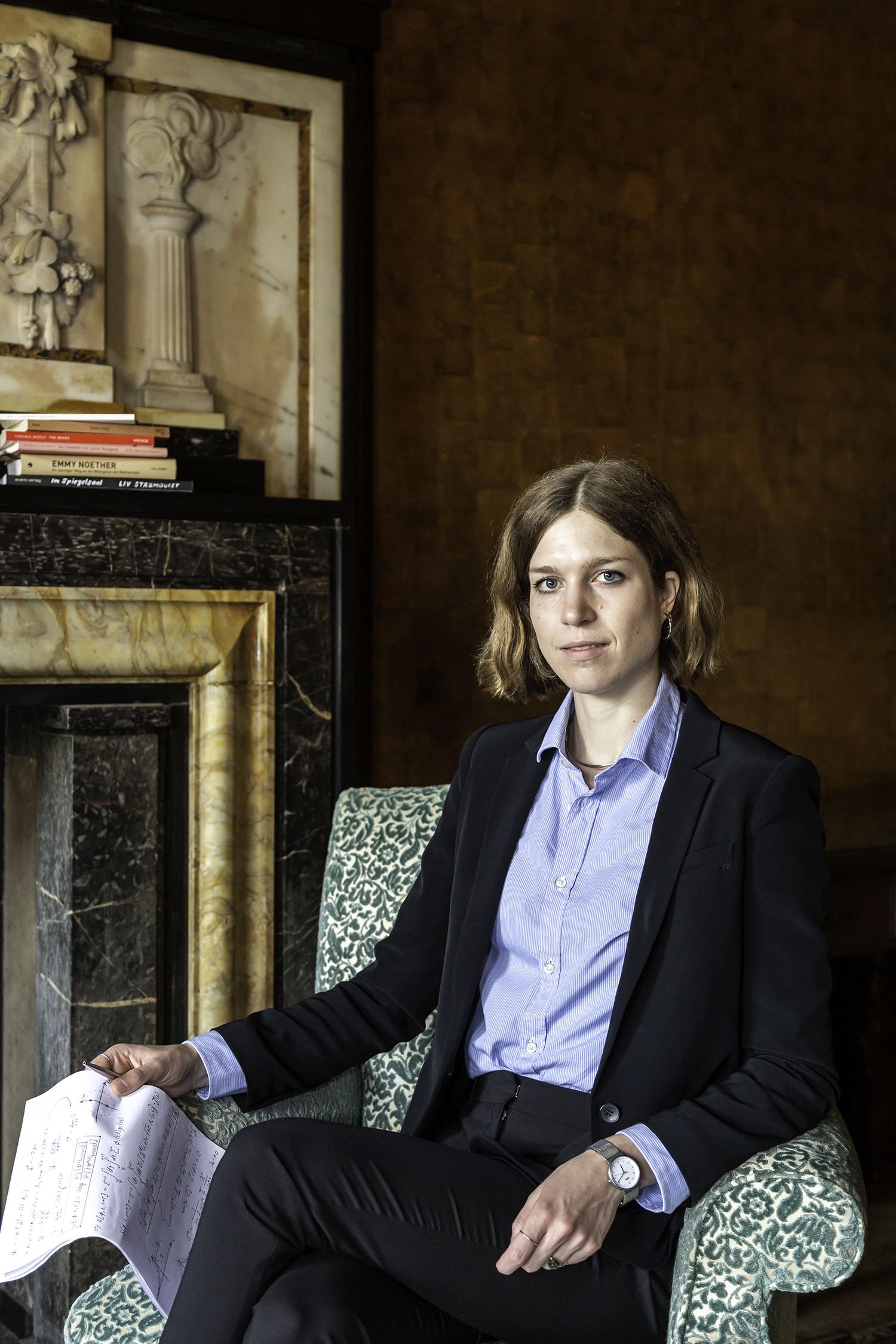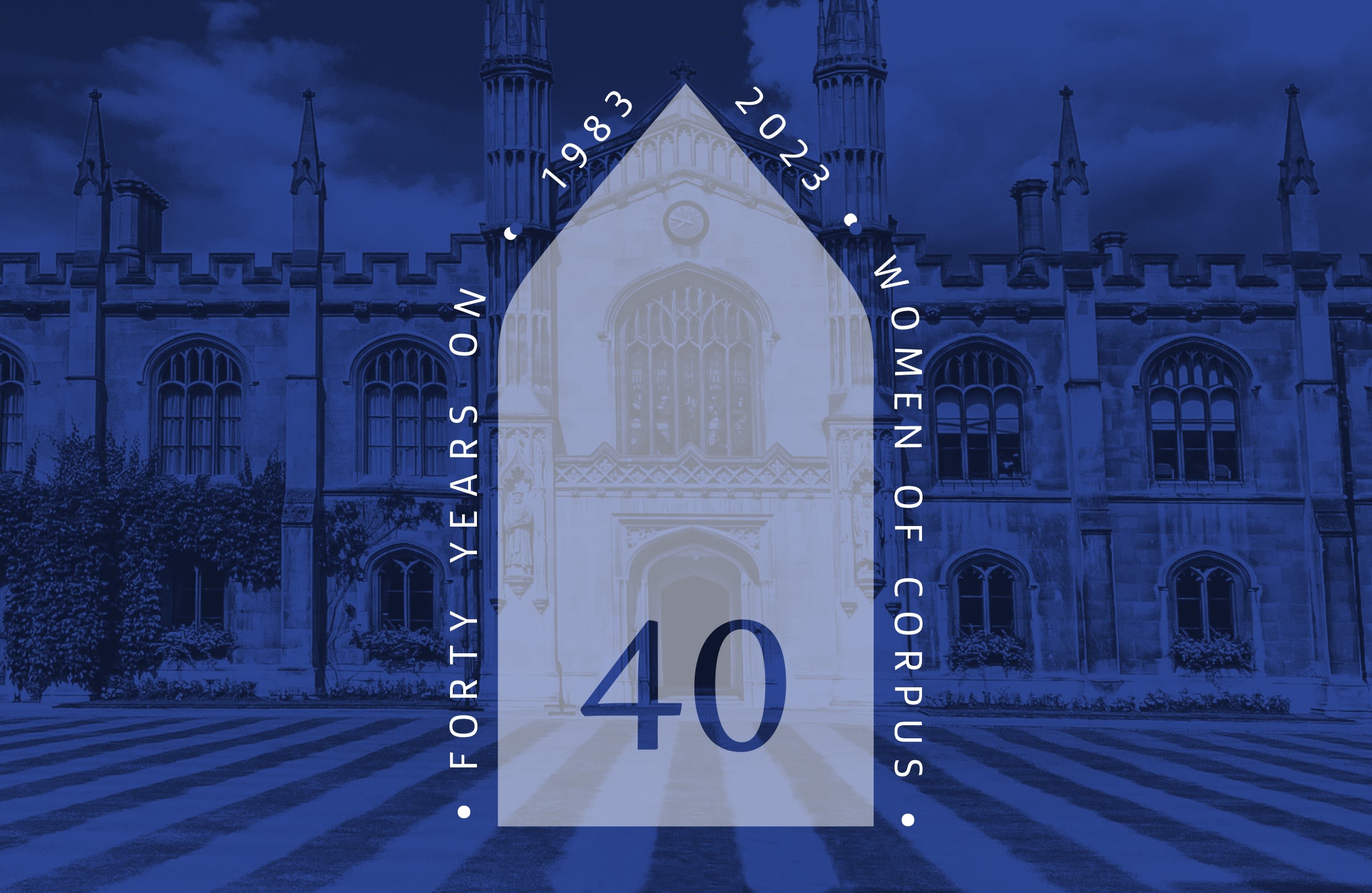Dr Sarah Loos
BSc MSc PhD (Tech Univ Berlin)
MATHEMATICS

“ Recent research clearly shows that we humans still unconsciously associate terms like ‘science’, ‘power’, or ‘intelligence’ with ‘masculinity’, and this across different cultural backgrounds. It seems reasonable that these notions become embedded in our subconscious through the images we are confronted with on a daily basis, for example in the media, which unfortunately change only slowly. I thus believe that images can contribute to societal change. Therefore, I decided to represent myself with a sheet of paper with my current calculations.
In the background are some books by or about women who have inspired me along the way. I am deeply inspired by female scientists and artists, especially from the last century. I see many similarities between art and science; both fields in which women have traditionally been particularly marginalized, and both fields that require courage, confidence, and a voice that is heard and taken seriously. The systematic exclusion of women from art and science tells us a lot about the abysses of a society.
I was inducted as a Fellow of Corpus just yesterday. I sense that Corpus is a place where diversity and equality are not just ideals, but real goals that are at the heart of the College's new identity. I feel very welcome and look forward to my years at Corpus.”
Sarah Loos completed her PhD in Statistical Physics at Technical University Berlin in 2020 and subsequentially worked as postdoctoral researcher in Germany (at Leipzig University) and Italy (at ICTP, Trieste). Since June 2022, she has been independent postdoctoral fellow in the Soft Matter Group at the Centre for Mathematical Sciences, University of Cambridge, initially funded by a Walter-Benjamin research Fellowship from the German Research Foundation, and since September 2023 by a Marie-Curie Research Fellowship (undertaken by UKRI).
Sarah is generally interested in the theoretical description of complex systems that operate far from thermal equilibrium. In her research, she uses statistical physics and thermodynamics and combines them with concepts from control theory and nonlinear dynamics. Her current work is particularly concerned with stochastic thermodynamics, non-Markovian processes, and active matter. Key research questions include the notion of heat and entropy on small length scales and the manifestation of irreversibility from the level of individual particle trajectories to the collective motion of many-particle systems.
